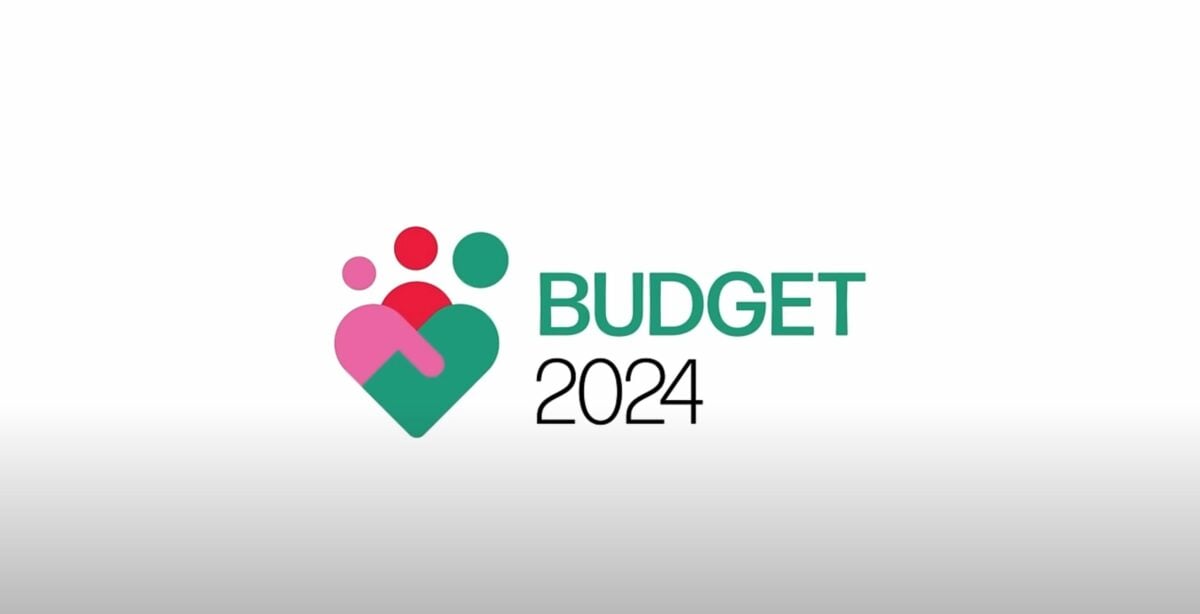During the recent Budget 2024 speech, when DPM and Finance Minister Lawrence Wong said that there will be another tax rebate next year (2025), given close governmental monitoring and that it necessitates it, we’re in for a good ride.
Intrigued? Let’s take a look at how good the ride is going to be.
Lower property tax for 2025
Owners (of owner-occupied properties) rejoice! Though the annual value (AV) bands will be raised next year, some of you lucky lot will enjoy paying a lower property tax for your properties starting 1 January 2025.
We will see a 4K raise from S$8,000 to S$12,000, with the threshold also increasing from S$100,000 to S$140,000. These adjustments will be made to bands in between, both upwards and (hopefully not) downwards.
Boy, that’s a lot of numbers and fancy number talk, right? These adjustments mean that homeowners should expect to be paying either lower property taxes or the same amount. But that wholly depends on whether there are no changes to their AVs and the payments are made before any rebates. I hope that’s a much better simplification for all you non-property, non-number aficionados.

For the uninitiated, you calculate property taxes based on AVs. Take a look at this article to get a better reading of it:
What is the Annual Value of a property and how do I check mine?
Now let’s take a look at the real numbers so you can nod along and skim through it.
New annual value bands for owner-occupied properties
| Property tax rate | Current AV band | January 2025 onwards |
| 0% | S$0 – S$8,000 | S$0 – S$12,000 |
| 4% | S$8,000 – S$30,000 | S$12,000 – S$40,000 |
| 6% | S$30,000 – S$40,000 | S$40,000 – S$50,000 |
| 10% | S$40,000 – S$55,000 | S$50,000 – S$75,000 |
| 14% | S$55,000 – S$70,000 | S$75,000 – S$85,000 |
| 20% | S$70,000 – S$85,000 | S$85,000 – S$100,000 |
| 26% | S$85,000 – S$100,000 | S$100,000 – S$140,000 |
| 32% | S$100,000 | S$140,000 |
Based on the Singapore Budget 2024, with the above changes to property taxes, there will also be changes to the ABSD for private properties, which we will cover soon.
You can watch (and listen to) the speech below:
Looking back to previous Budgets
As the AV bands increase announcement was made, Minister Lawrence Wong ensured that it is to help maintain fair tax payments by those who live in higher-value properties.
This announcement made us recall back to an earlier change made in 2022’s Budget.
We wrote an article covering Budget 2022 where the government announced the two-step increase in property tax rates for residential properties. This was aimed at a wealth tax on investment properties and the owner-occupied private properties of the higher-end segment. There were also mentions of market rents being flat in charts but those numbers significantly increased from 2022 thanks to the marriage of COVID-19-related constraints on supply and stronger demands for them.
This led to the conclusion of annual values increasing sharply, so Mr Wong said.
Cushioning the impact of property tax with rebates
While the expectations of the government leaned on impacting the top 7% of owner-occupied residential properties, in actuality, the AV increases showed us a 13% of them were impacted. Mr Wong said, “The present market trends brought forth the raising of AV bands”.
In the Budget 2022 article linked above, we also referenced the government’s attempt to cushion the blow of property tax changes via rebates. Additionally, the Inland Revenue Authority of Singapore will be offering retirees living in higher-end residential properties a 24-month instalment plan that is without interest, should they have cash flow problems.
So, that’s about it for the round-up of the lower property tax payments based on the AVs part of Budget 2024. Next, we take a short look at the ABSD changes that come from it.
What changes will there be to ABSD?
In Singapore, a policy allows married couples to receive a refund on the additional buyer’s stamp duty (ABSD) for a second property, provided they sell their initial property within a six-month window. This benefit is now extended to single citizens aged 55 and above, aiming to assist them in downsizing to more appropriate housing. Eligible seniors can reclaim the ABSD on a replacement property of lesser value if they sell their first property within six months of the purchase.
If the replacement property is not completed at the time of acquisition, the refund can be claimed within six months following the issue of either the temporary occupation permit or the certificate of statutory completion, depending on which comes first.
Furthermore, the ABSD regime has been updated to potentially aid housing developers. Developers are eligible for an ABSD remission on the condition that they sell all units within their development project within a set timeline. This provision is crucial as failing to meet the sales deadline results in a complete retraction of the ABSD relief.
The ABSD rates have varied over time: for residential land purchases made on or after 16 December 2021, developers face a 40% ABSD, with a 35% upfront payable component. This is an increase from the 30% ABSD, with a 25% upfront payable component, for lands purchased between 6 July 2018, and 15 December 2021.
Additional reading: Full list of new launch condos (with unsold units) approaching their developer ABSD deadlines in 2023/2024
Developers are subject to full clawback of the remittable components of the additional buyer’s stamp duty (ABSD) with interest if they fail to initiate housing development within two years of acquiring the site or if they do not complete the development and sell all units within five years of the site acquisition date.
However, a recent update has modified these conditions, offering developers a reduced ABSD clawback rate provided they sell at least 90% of the units in each development within five years, assuming they also meet the set timelines for the commencement and completion of the housing development.
Following the Budget announcement, the Ministry of Finance and the Ministry of National Development issued a joint press release detailing that the reduction in the ABSD remission clawback rate for developers would be contingent on the percentage of units sold within the specified sale timeline.
This adjustment, which applies to residential land acquired on or after 6 July 2018, aims to ensure a steady release of housing supply to the market. Additionally, this policy revision offers developers more leeway, as highlighted by Mr Wong in his comments on the update, indicating a strategic move to balance prompt housing supply with developer flexibility.
Closing remarks
The Budget 2024 announcement brings forth significant changes to property taxes and the ABSD regulations in Singapore, aiming to alleviate some of the financial burdens on homeowners and stimulate a more dynamic real estate market. With the adjustment of AV bands for owner-occupied properties, the government seeks to ensure that homeowners, especially those living in properties with higher AVs, are subjected to a fair property tax regime.
This recalibration of tax rates, coupled with the introduction of rebates and an extended ABSD refund policy for eligible individuals, demonstrates a concerted effort to support homeownership and maintain a balanced approach to taxing property in the city-state. The extension of ABSD refund policies to single citizens aged 55 and above for downsizing purposes, along with the relaxation of ABSD remission conditions for housing developers, further reflects the government’s commitment to adjusting its fiscal policies in response to market needs and promoting a healthy, sustainable property market.

Looking back at the policy changes and their implications, it’s clear that the Singapore government is proactive in its approach to property taxation and market regulation, taking into consideration both current market trends and long-term housing needs. The adjustments made in Budget 2024, recalling the strategic changes initiated in Budget 2022, highlight a consistent effort to ensure that the property tax system remains progressive while offering targeted support to different segments of the population and the real estate industry.
These measures, aimed at cushioning the impact of property tax adjustments and stimulating the real estate market, signify a thoughtful balance between generating revenue for public services and supporting individual homeowners and developers in navigating the complexities of the property market. As these policies unfold, their impact on homeowners, the real estate industry, and the broader economy will be closely watched, with the potential for further adjustments as market conditions evolve.
This article is a product of 99.co and is based on information gathered from various sources, including Channel News Asia. The usage of these sources was done in good faith to provide valuable insights. The source of the referenced content is duly credited and we recommend readers to refer them for a comprehensive understanding of the topic. 99.co is not responsible for any errors, omissions, or consequences arising from the use of this information.
The post Homeowners with raising annual value bands to expect lower property tax: Budget 2024 round-up appeared first on .

